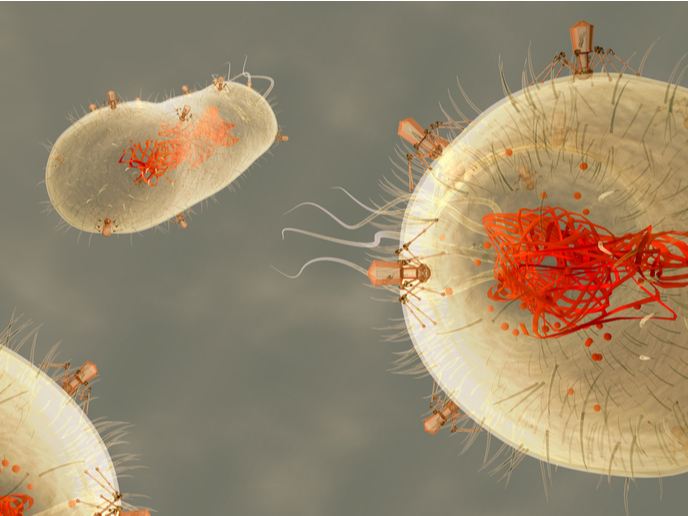Malarial enzyme analysis could lead to new therapies
The MALARIA TARGETS ID project has applied chemical tools to malaria parasites to help researchers identify possible new drug targets. These tools have helped identify the potential targets of small molecules with antiparasitic activity, as well as profile for the first time the behaviour of certain enzyme families throughout the parasite’s lifecycle. These results will help scientists understand the role of these enzymes in parasite development, which might lead to new antimalarials drug development programmes. “We are close to the point where we can validate some of these enzymes as potential antimalarial targets, and we’ll be speaking to the pharmaceutical industry about the potential for developing inhibiting drug-like molecules,” says MALARIA TARGETS ID project coordinator Dr Edgar Deu from the Francis Crick Institute in the UK. “The next step will be to follow through on the biology to understand exactly what these enzymes do.” Fighting resistance Malaria is one of the most devastating infectious diseases, killing close to half a million people every year. Widespread resistance of the malaria parasite to most frontline drugs and the rapid emergence of resistance against new therapies have made the validation of novel pharmaceutical targets extremely urgent. “Drug resistance is the main challenge facing researchers and the pharmaceutical industry,” says Dr Deu. “It is always a struggle to develop and put on the market new drugs before the parasite becomes resistant to current therapies, and it only takes a few years for this resistance to spread to endemic areas around the world.” To address this challenge, combination therapy has become the standard of care for malaria therapy because it is harder for the parasite to become resistant to multiple drugs. “The problem now is that there are not that many new drugs coming out in order to combine them into a novel antimalarial combination therapy,” explains Dr Deu. “Current therapies usually combine a new drug with an old one, which is not ideal given that some parasites might already be resistant to the old drug. The pharmaceutical pipeline is much better than it was 20 years ago, but there are still many challenges to overcome.” Enzymes in action The pharmaceutical industry has screened millions of compounds to search for anti-parasitic activity, only a promising few of which will ever move forward towards possible development. The MALARIA TARGETS ID project sought to build on this work by combining chemical probes with a library of 400 promising antimalarial compounds. The chemical probes used in the project are small molecules that bind to specific enzymes and can be applied to any type of cells. “These probes attach to all members of an enzyme family and label them with a fluorescent tag, helping researchers to visualise the activity of dozens of enzymes simultaneously,” explains Dr Deu. “This enables researchers to then analyse whether anyone of these enzymes is inhibited when a certain compound is applied, instead of having to perform individual screen for every single enzyme.” The project also applied chemical probes to try and better understand the malaria parasite genome itself. “About 50 % of the genes in the malaria parasite have not been assigned a putative function because their sequences are too divergent from that of known genes in other organisms” says Dr Deu. “However, it is very likely that some of these genes will be excellent antimalarial targets. Our chemical biology approach has allowed us to annotate the enzymatic function of some of these gene, which is the first step in trying to understand they role in parasite development.” Due for final completion in August 2018, the MALARIA TARGETS ID project will provide a useful resource for scientists interested in identifying viable target enzymes for new therapies. There have been few academic papers on this topic, and Dr Deu expects the project’s final report to be the most comprehensive analysis of these enzyme families to date.







